
by Gideon Marcus
The place: Omicron Ceti 3.
The hazard: A lethal showering of Berthold Rays, destructive to all animal tissue.
The mission: The Enterprise has the sad duty of following up on a new Omicron colony, where there are unlikely to be any survivors.

Yet, when the starship arrives, the colonists are not only alive and well, but in perfect health. Too perfect–even scars and excised organs are healed. Colony head Elias Sandoval talks of the new paradise they have found, and he flatly refuses to leave the planet. If only the Earthers knew what they were missing, they'd understand.
They soon do. First Mr. Spock, then the rest of the landing party, and finally the entire crew of the Enterprise succumb to the same spell as the Omicronites. All facilitated by a particular plant (fungus) that has taken root on Omicron. Each of the humans is hit by a shotgun blast of spores, and immediately they feel a burst of contentment and connection with their fellows, as well as an overriding urge to live on the planet. Spock, in particular, has extra incentive to stay: for the first time, he is capable of expressing love, and one of the colonists is a scientist who has held a torch for the Vulcanian for the past six years.

Love in the green grass.
Kirk, whether through happenstance or strong will, is the last to be infected by the Omicron disease. Nevertheless, fall under the spell he does, leaving a moment of utter bathos for the viewer. Is all lost?
But we know Jim Kirk. This has happened to him before, in "The Naked Time". In the end, his love of his ship (which is not just the girders, engines, and phasers, but also the people who crew it) snaps him out of his Lotus-Eating trance. Realizing that violent emotions are the key to breaking the hold of the spores, the captain beams Spock back aboard the vacant ship and hurls insult after insult at his first officer until the ensuing scuffle returns Spock to sanity.

A risky and painful maneuver.
Together, they then induce irritation in the colony members and deserted crew on the planet through a subsonic communicator transmission. A mass fracas breaks out, freeing the humans from the thrall of the spores. A much-chagrined Sandoval realizes that he and his people have accomplished nothing in the three years they have been on the planet, but produce minimal food and tend to the spore-plants. He accedes to Kirk's orders, and the colony is abandoned. Paradise lost, indeed.
This is the story in thumbnail, of course. I am leaving it to my colleagues to expand upon the myriad aspects of this episode that make it so brilliant. We've seen elements of this plot before: the stagnant, placid society with an external controller was just seen in "Return of the Archons". The members of the crew acting uncharacteristically emotional/somewhat intoxicated was explored in "The Naked Time". But the execution of these married threads, the bared souls of our favorite characters, the implications, both technological and philosophical, all are eminently fascinating.
This is my favorite episode of Trek yet. Five stars.
To thine own self be true

by Abigail Beaman
I would like to start off by noting that I have not seen the earlier episode, "The Naked Time", and from what I’ve heard, these two episodes are extremely similar. Which in all honesty, is sad, as I very much enjoyed this episode and hate the idea that it might be a retread. I also feel that, if I had seen "The Naked Time", I might have a lot more to say, but alas you’ll be getting whatever crummy ideas come to my head based on my incomplete knowledge.
Now even though I missed Naked Time, I’ve also heard (as I am a doll who fancies a bit of tittle-tattle) the episodes may air over the summer! So if you missed any Star Trek episodes (and I pray that you haven’t like I have) free up your schedule now for the reruns during 1967’s summer! Now back to the topic at hand.

Pull up a chair.
How would you describe Mister Lieutenant Commander Spock? Would you say he’s stoic? Or maybe the word emotionless comes to mind? My impression of the half-human, half-Vulcanian, is that Spock is a calm, logical, and controlled being who is amazingly portrayed by Leonard Nimoy. He in fact plays the normally cold Spock so well, that, seeing Leonard Nimoy happy and swinging on a tree was actually extremely off-putting for me (although I did love seeing Nimoy smile)!

Spock, just hanging around.
What I’m trying to say is that Spock is a being who simply can’t or won’t show emotions. That’s who he is, who he wants to be (and who I've come to fully accept). Now we don’t know if Spock has ever shown emotions, but none of the Enterprise or past co-workers for that matter, has seen Spock show emotions (except, I hear, in that "Naked Time" episode…). They all knew it was due to his Vulcanian heritage, and that Vulcanians either don’t feel emotions or flat out avoid them. When he gets sprayed with the spores, we see Spock show pain, as he seems to be fighting back his emotions, and even if it isn’t physical pain and just him trying to prevent showing even a sliver of emotion doesn’t that tell you something? He doesn’t want his emotions. To him emotions are illogical. Perhaps, even shameful.

Love hurts.
I haven’t forgotten the elephant in the room, that being Leila. While yes I want Spock to be happy (as his wife, I want the best for him always), Leila is not the girl for him. What she wants can never be achieved. She wanted to change Spock into someone who would love her, but that wouldn't be Spock. Even when she is off the spores (drug parlance intended), and knows what they did to her mind, she still wants to be on them so she can be happy and love Spock without all the pain it brings her. That’s why I feel nothing but pity for her. At the end of the episode she does, in fact, accept that Spock is who Spock wants to be. He is in his own “self-made purgatory” and so is she. Spock’s is to shun emotions, while hers is being in love with a man who shuns emotions.

"We all live in our own self-made Purgatories…"
That’s why one of the biggest lines uttered in this episode, “For the first time in my life, I was happy” feels like a stab in the back to fans (and might I say lovers) of Spock. Some people believe it’s Spock being wistful for an emotion he felt, at last, and can no longer feel again (and it’s torturous, to say the least, as a wife of Spock, to know I can't make him happy), but I would argue Spock is instead ashamed of showing that emotion. It’s something he has, and will likely continue to actively avoid his whole life. He was happy, but at what cost? Being happy isn’t Spock. Being logical and computerized is Spock. He is in his own “self-made purgatory”, and it seems Spock is himself, when in it.

Not happy, but at least, perhaps, satisfied.
This episode did have some downers, like the introduction of spores being able to regrow organs, and the crew just sorta saying “doesn’t matter, let’s leave”, but it’s a solid episode I can get behind. I would rate this episode a high 4.5 stars.
Debating Paradise in a Vacuum

by Tam Phan (Secret Asian Man)
What would you give to have perfect health and no worries? At first glance, it looks like Sandoval and the colonists have it all figured out. There’s no clear reason as to why they should leave, but Kirk says otherwise. Is he right? Initially he wanted to save them from the radiation. Yet, he continues to press the matter even after he quickly discovers it’s no longer a threat, which leads me to believe that his version of paradise is not the same as Sandoval’s.

Sandoval's paradise.
Kirk’s version of paradise requires some type of progress. For him, living in a world without it might be the furthest thing from paradise, but that’s not necessarily true for others. How does Kirk know what kind of progress is acceptable? Sandoval just wanted to build a garden. Couldn’t that also be considered progress? If one is content with life, isn’t achieving enlightenment a form of paradise? Does Kirk have the right to take that away from someone?

Kirk's paradise.
On the surface, one could interpret this episode as yet another bout of Kirk imposing his ideals and beliefs onto other cultures. But is it? Where “Return of the Archons” fails, “This Side of Paradise” succeeds, giving us a slightly different perspective where (I believe) Kirk’s intrusion is warranted. In both episodes, everyone is under some influence that causes them to behave in a way that is abnormal, and though the difference is subtle, it makes all the difference. In “Return of the Archons”, there’s an already existing culture. They’ve been living this way for a very long time, and the only justification for interference is that an uprising might well have been inevitable; Kirk just sped up the process. In “This Side of Paradise”, however, the colonists had desires and goals before they came under the influence of the spores. Kirk’s interference was necessary to break the colonists free from behaving out of the norm, and that none chose to go back to the spore-drugged existence is telling. Of course, one could argue that Spock and Kalomi might have been perfectly happy together (indeed, Spock implies it would be the only way he could be happy), but Spock chose a different path in the end.
There is a clear anti-drug metaphor in this episode, which I appreciate. It’s not much of a paradise to me if you’re not in your right mind and don’t have the capacity to make decisions for yourself. It may have made them physically healthy, but mentally, it was a different story. Then again, maybe ignorance is bliss.
Five stars
The Best of the Best

by Janice L. Newman
I have to agree with my friends above: this was one of the best episodes of Star Trek yet. As I watched I was drawn into the emotional core of the story, but I also couldn’t help but note how well crafted it was. The writing, the pacing, and the carefully set up reveals were very, very well done.
One sequence stands out in particular. Kirk, having avoided being infected by the spores, makes his way to the bridge. He encounters one of the flowers that his own crew have brought aboard, and tosses it aside in a rage. Several scenes later, he returns to the empty bridge and sits there, alone, expressing to the uncaring computer his frustration, helplessness and grief at the loss of his crew. And just as the audience thinks Kirk has reached the lowest point and are wondering how–nay, expecting that he’s going to turn things around…he gets hit with a blast of spores from the forgotten flower. It’s masterful.

This script was also particularly well-written, with memorable lines like, “I am what I am, Leila, and if there are self-made purgatories, then we all have to live in them. Mine can be no worse than someone else's.” And although the music was once again mostly recycled from earlier episodes, it was carefully integrated: the musical stings and cues emphasized the action without overwhelming it.
This episode is one of the best examples of how different Star Trek is from other so-called science fiction shows on television. It’s a nuanced, bittersweet story written for adults, and as such, it’s already miles ahead of Time Tunnel and Voyage to the Bottom of the Sea. Maybe even The Twilight Zone. I cannot wait to see what the Star Trek writers, actors, and directors come up with next.
Five stars.
Too Many Shirts

by Erica Frank
This is Sulu's third incident of mind-altering effects resulting in bliss. If this keeps up, he's going to become known as the Enterprise's resident accidental "stoner." (He is a botanist, after all…) I suppose the need for agricultural labor kept his shirt on this time. Pity.

Happy Sulu
Nobody else is shirtless in this episode either. Is the planet a bit chilly? Are there no nudists aboard the Enterprise? Does Kirk only lose his shirt to violence, never to joy? And even the spores cannot overcome Spock's modesty. Such a shame.
Setting aside the emotional effects, the spores have tremendous medical possibilities. Surely Starfleet will want to study them—a plant that protects people from deadly radiation and heals past injuries? Incredible! Side effects include… happiness and contentment? What an amazing retirement colony Omicron Ceti 3 could be!

"And they've got shuffleboard at 3:30!"
Of course, in order to get such a place built, they'd need a way to regularly snap people out of the influence. The colonists have managed to sustain themselves but failed at their development plans. Also, we saw no children on this "colony" planet. That may be one of the other side effects of the pollen—one that would prevent it from functioning as a growing colony, but could be a tremendous benefit for a medical center or retirement home.
Alternatively, it could become a prison planet: used to house violent offenders who've been deemed to have no hope of integration with society. Would Khan's people have accepted this planet instead? I suppose Kirk would consider that a "waste of potential." And the Federation itself may have uses for this one.
The Federation should immediately start researching how to set up a permanent center, possibly with a starbase in orbit to snap key personnel out of their euphoric stupor. Perhaps the ground crews would wear gas masks while residents breathe freely. Of course, there are the deadly Berthold Rays to consider: the spores give immunity; anyone without them is limited to short-term visits. But even with that problem, I'd expect the Federation to value a planet where people return to perfect health while living in blissful peace.
Unless there are some unknown after-effects that McCoy failed to discover, OC3 seems like a wonderful planet, just not suited for the plan the Federation originally had for it.
It would, however, be delightfully suited for a planet-wide Be-In, a sprawling agrarian society with no violence (no ambition, I can hear Kirk's voice in my mind), no competition (no innovation), no war (no progress). And—if the settlement were in the warmer parts of the planet—no shirts.
Five stars; this one leaves me with happy thoughts, even though I know the possibilities will probably be ignored.
This Side of Potential

by Robin Rose Graves
After the episode’s close, I realized the true message and how the spores are ultimately nothing more than a device through which to convey it. This is a topical episode, representative of the issues that plague us now: the false respite of heroin abuse, the sirensong of Communism. Social commentary absolutely has a place in science fiction, and I don’t entirely hate how this episode is shaped by the message it tries to get across, but I feel it’s at the sacrifice of further exploring the fascinating nature of the spores.
In order to maintain a symbiotic relationship with humans, the spores keep their hosts alive in an environment that would otherwise kill them within a week. In return, the humans cultivate the plants that release these spores. The strangest part of all, this is posed as a problem rather than a brilliant discovery.
The spores not only kept the colony in perfect health for three years, but allowed them to regenerate organs as well as allowed humans to live on the planet despite the presence of harmful Berthold rays. I can’t help but think these plants are the perfect tool for the spacefaring crew of the Enterprise. It would allow them to venture on planets with otherwise hostile environments and to provide lifesaving medical treatment crew probably couldn’t even receive in a hospital, let alone on a starship.
This has been part of a trend I’ve noticed in Star Trek. Interesting ideas are introduced when convenient and abandoned the moment they no longer serve the story they’re trying to tell. Androids. Planetary computers. Time travel (twice!) This, of course, is a symptom of television's episodic nature, necessary to a degree so one doesn't necessarily have to watch all of it to understand what's going on.
Yet it still frustrates. Perhaps even more frustrating is when it happens with characters – particularly whenever there is a female guest star. In this episode, it’s Leila, a woman who has a history with Spock that has never been mentioned before this moment (and I have full confidence will never be referenced again as the story progresses), and who just so happens to be on Omicron Ceti 3.

It was nice knowing you, Leila. I'm sure we won't see you again.
We’ve seen the same thing happen with random past love interests appearing and disappearing in episodes “What are Little Girls Made Of,” (Chapel's Roger Korby) “Shore Leave” (Kirk's Ruth), “Court Martial” (Kirl's Areel Shaw) and even in the series debut episode “The Man Trap” (McCoy's Nancy). Not only is this giving us flat female characters and then sweeping them aside the moment they are no longer needed, but it is also cheating our male characters of development as well. If the series isn’t going to explore the science of its world, at least it could give better attention to its fascinating cast of characters. I say that out of love, because I like the crew (maybe not Kirk so much…) and I want to know more about them, but Star Trek isn’t delivering.
I give this episode 4 stars for what it did, but not 5, because I know what it never can.
Next episode promises to be very different. Join us tomorrow at 8:30 PM (Eastern and Pacific) for a Star Trek:
Here's the invitation–beware the Blob!

![[March 8, 1967] Absolute perfection (<i>Star Trek</i>: "This Side of Paradise")](https://galacticjourney.org/wp-content/uploads/2022/03/670308title-672x372.jpg)


![[February 16, 1967] The People's Choice (<i>Star Trek</i>: "Return of the Archons")](https://galacticjourney.org/wp-content/uploads/2022/02/670214title-672x372.jpg)




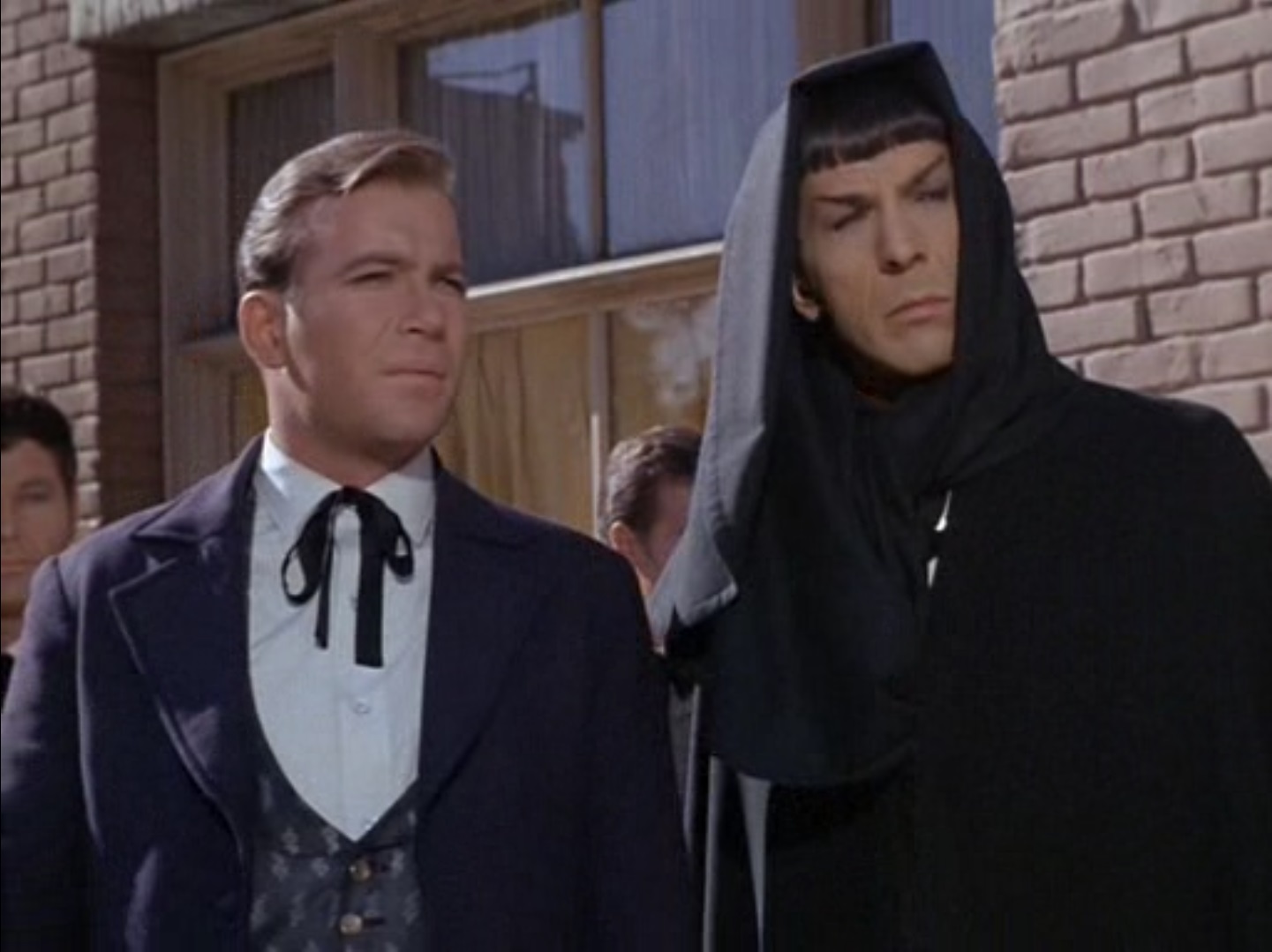













![[February 8, 1967] Hung Jury (<i>Star Trek</i>: "Court Martial")](https://galacticjourney.org/wp-content/uploads/2022/02/670208title-672x372.jpg)
















![[January 26, 1967] Cold-blooded murder (<i>Star Trek</i>: "Arena")](https://galacticjourney.org/wp-content/uploads/2022/01/670126title-672x372.jpg)








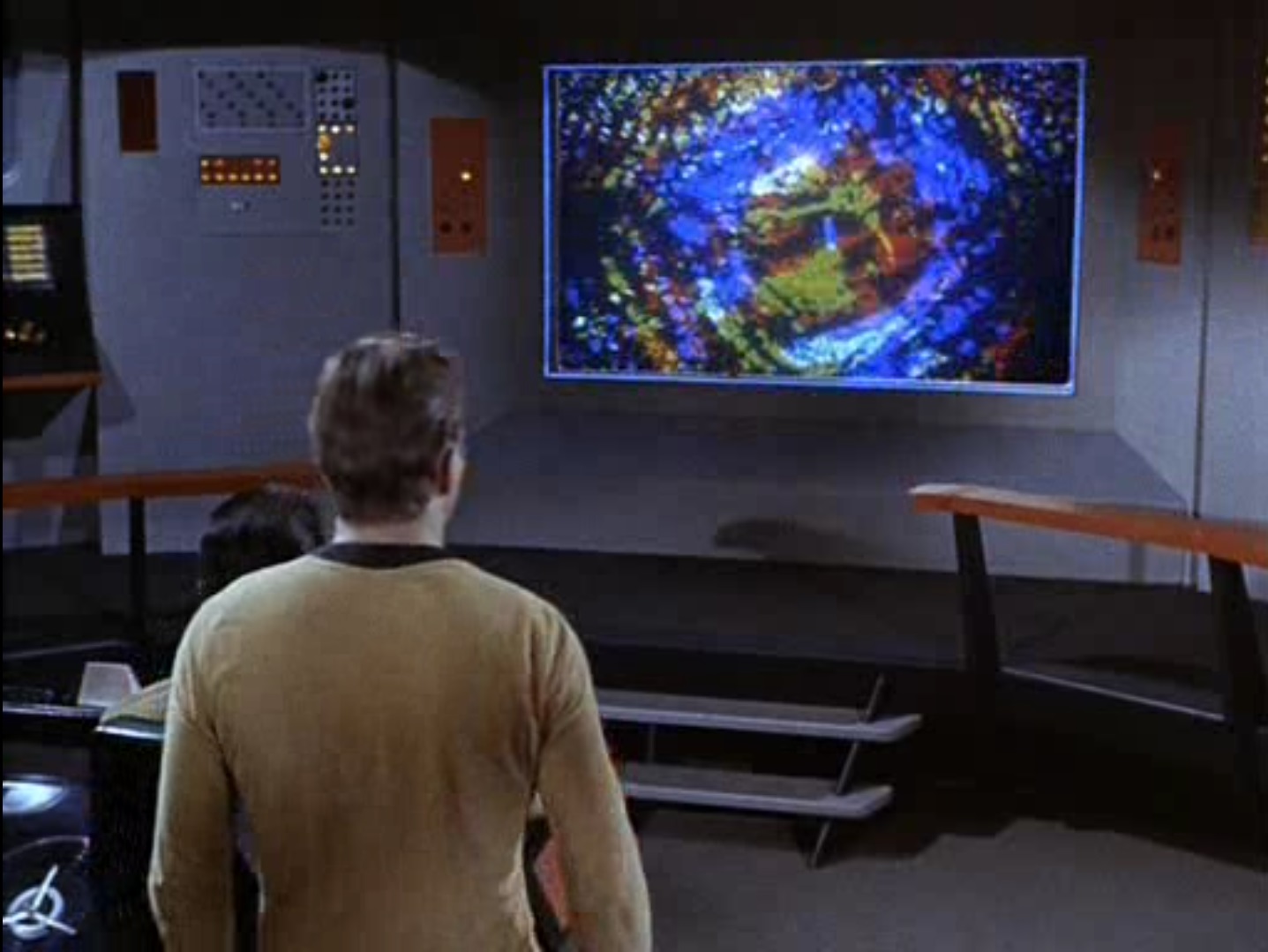






![[January 12, 1967] Most illogical (<i>Star Trek</i>: "The Galileo Seven")](https://galacticjourney.org/wp-content/uploads/2022/01/670112title-672x372.jpg)

![[January 4, 1967] Six Impossible Things Before Breakfast (<i>Star Trek</i>: Shore Leave)](https://galacticjourney.org/wp-content/uploads/2022/01/670104title-672x372.jpg)









![[December 4, 1966] Riddle wrapped in an enigma (<i>Star Trek</i>: "The Menagerie")](https://galacticjourney.org/wp-content/uploads/2021/11/661204title-672x372.jpg)

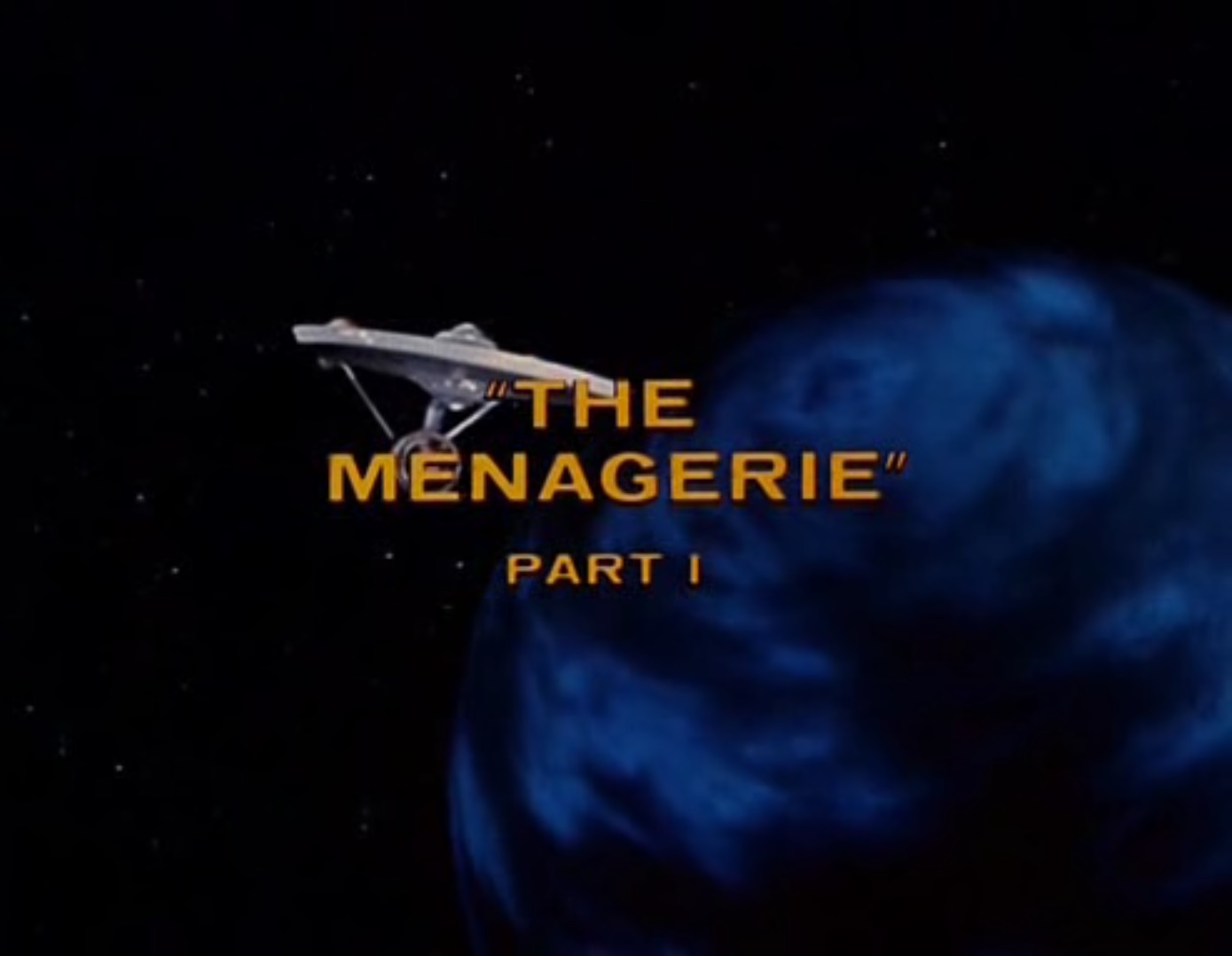
![[November 14, 1966] <i>Star Trek</i>: "The Corbomite Maneuver"](https://galacticjourney.org/wp-content/uploads/2021/11/661114title-672x372.jpg)
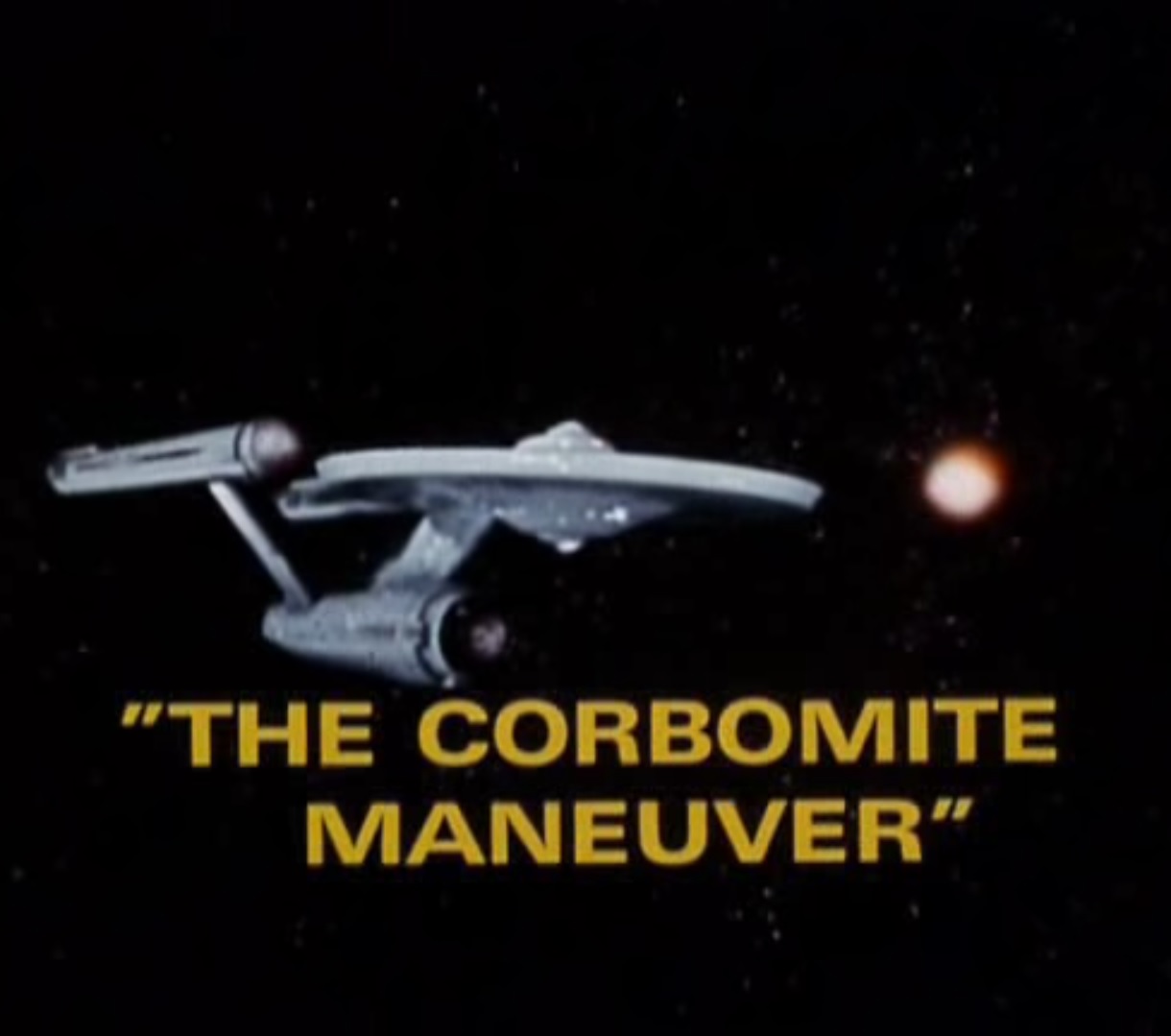
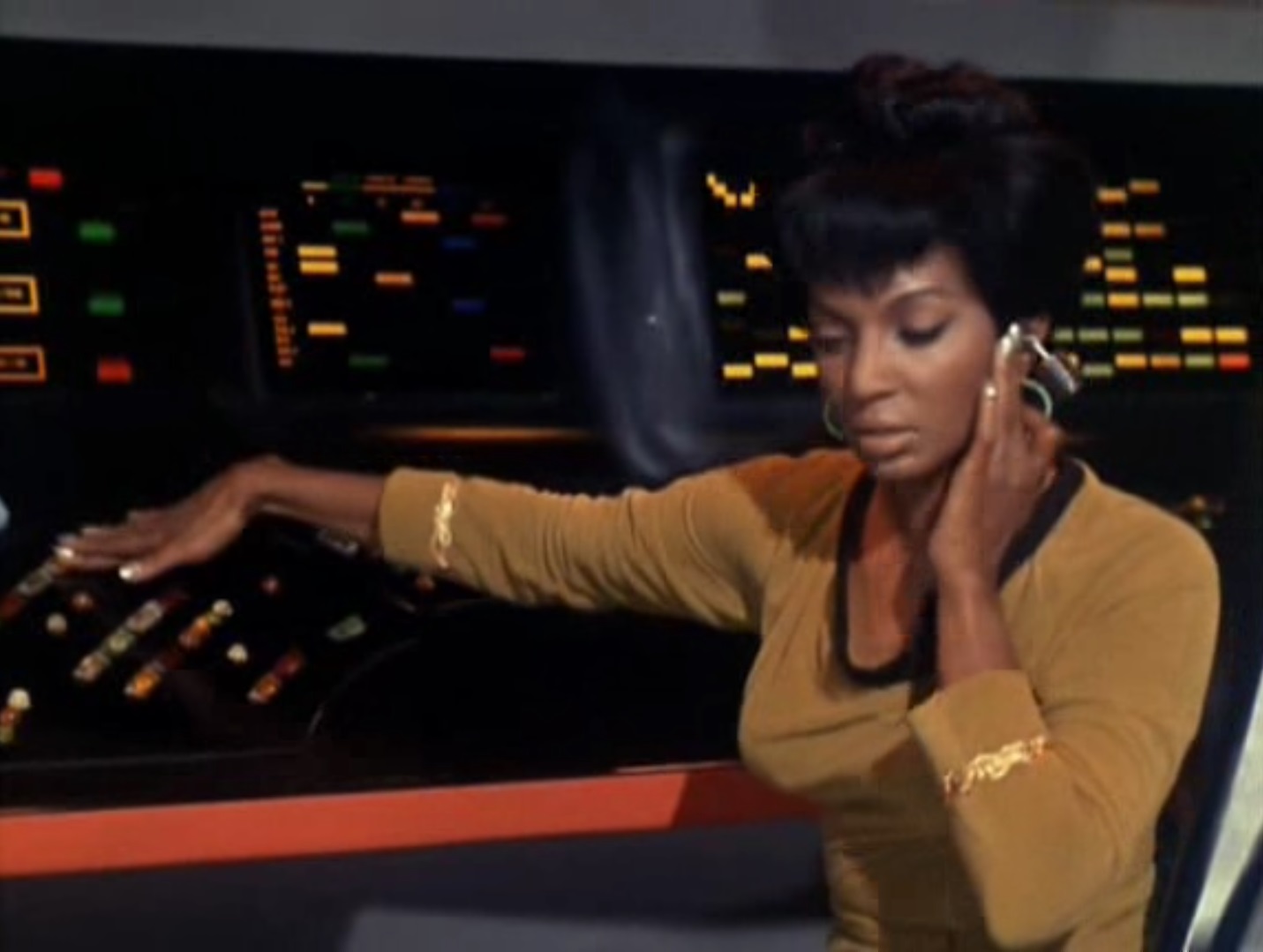
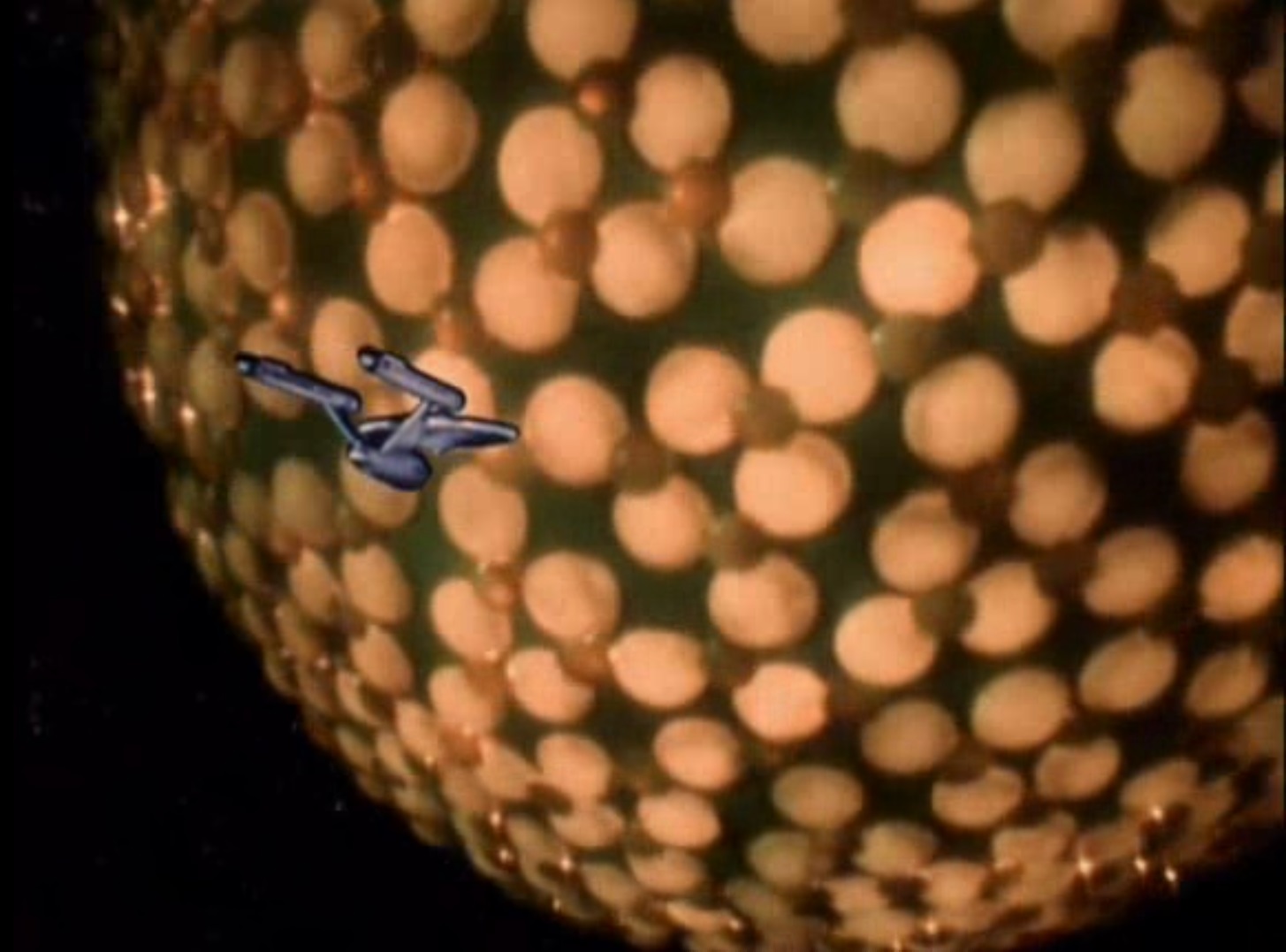
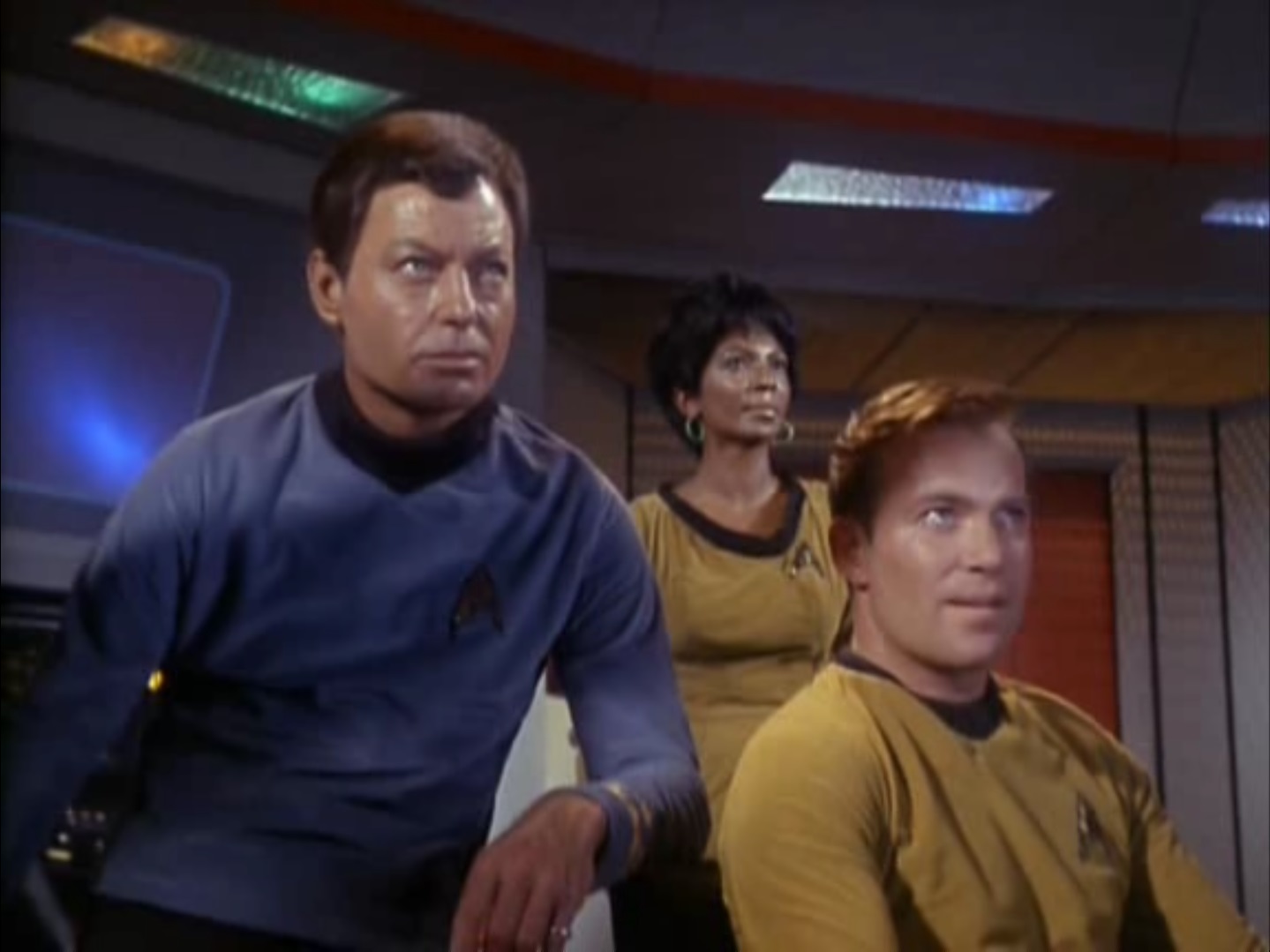
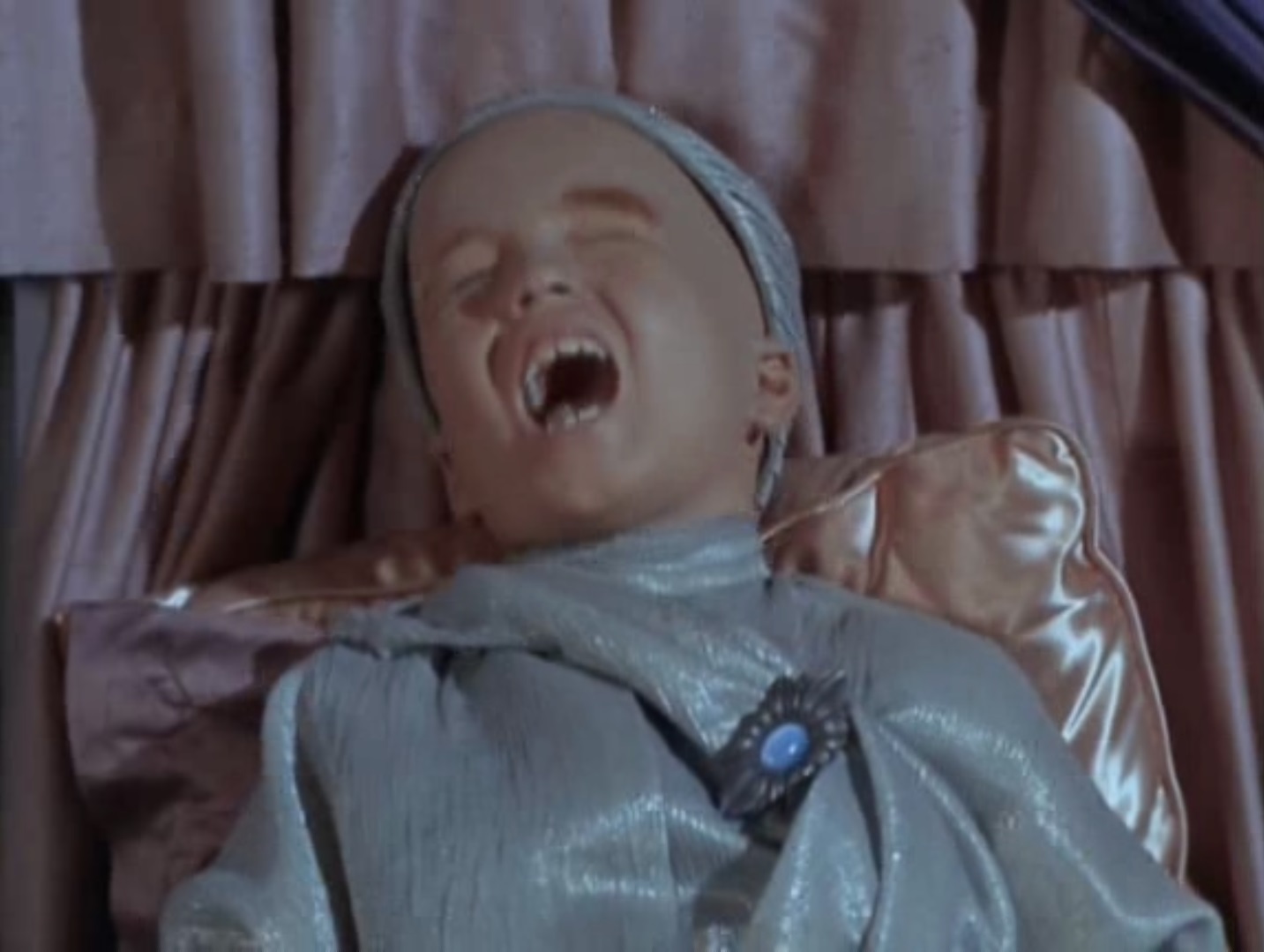
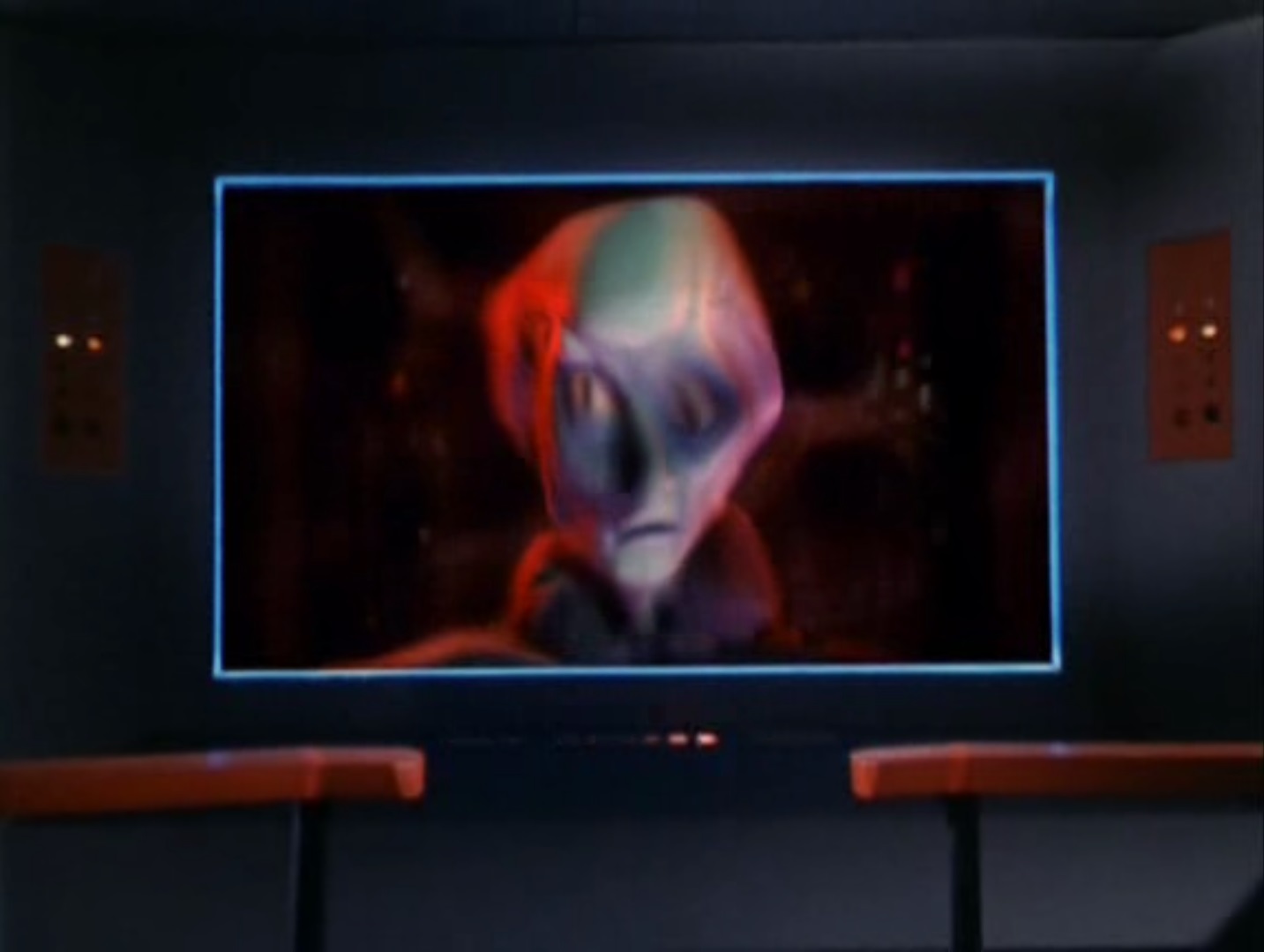
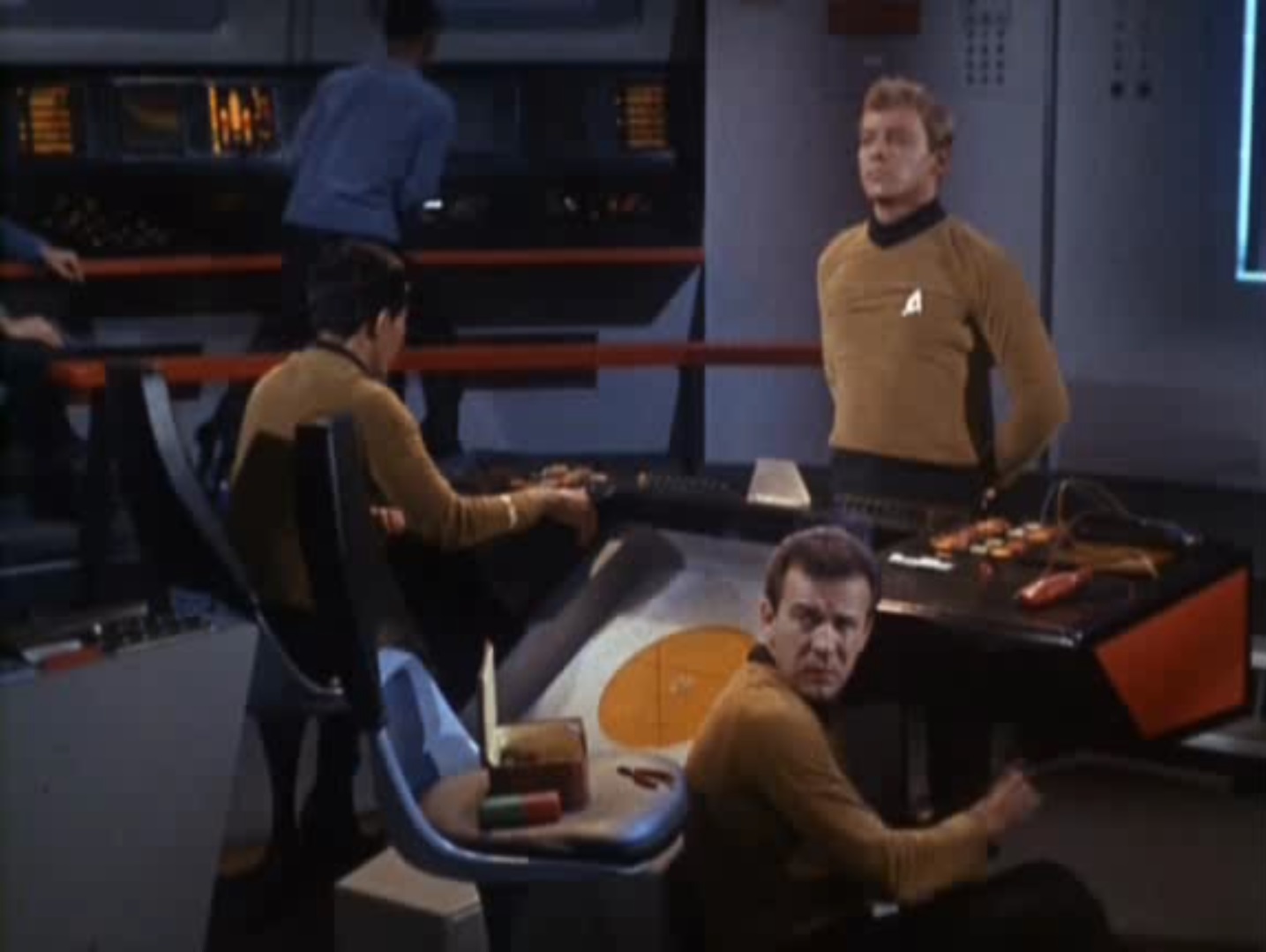
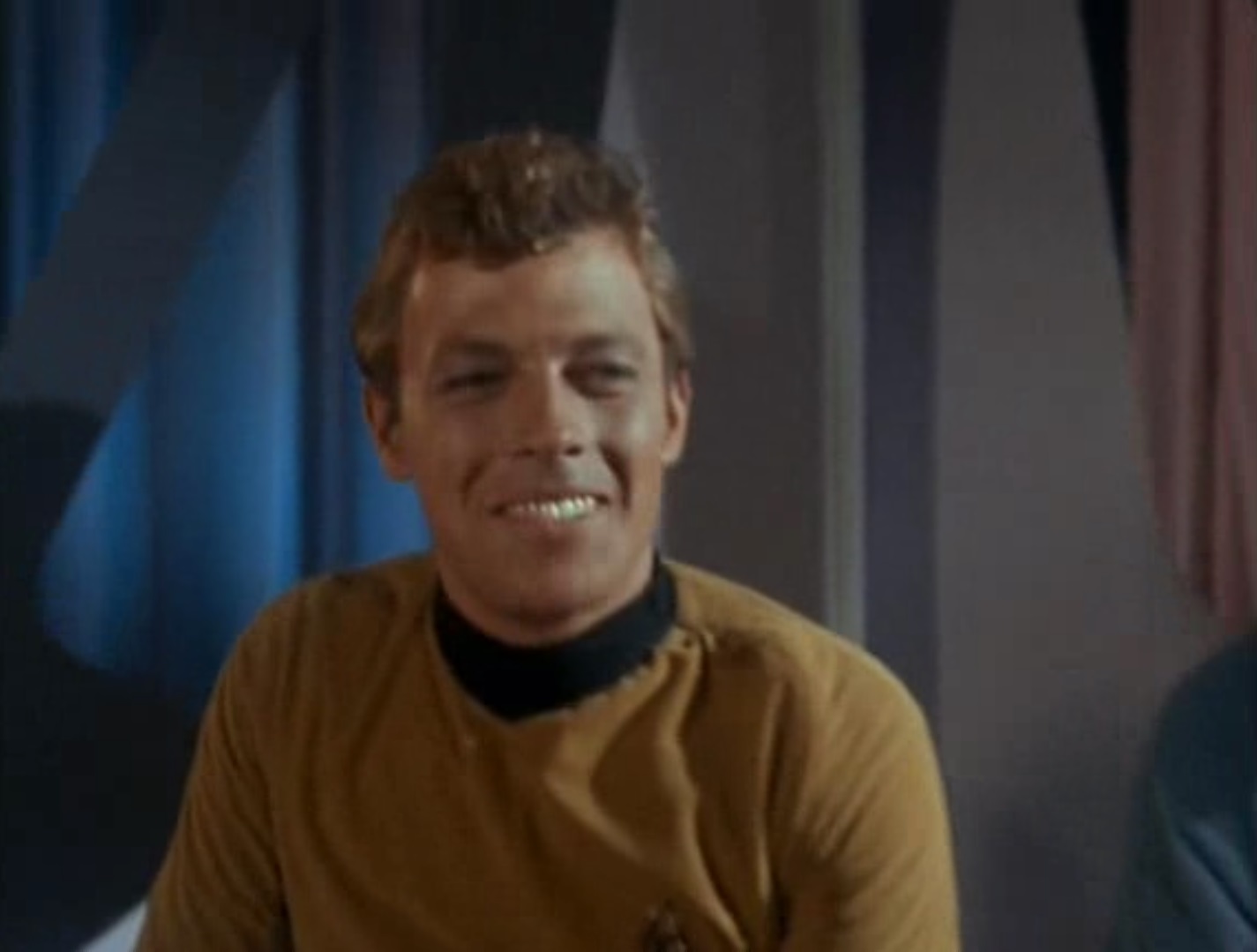
![[November 10, 1966] <i>Star Trek</i>: "Dagger of the Mind"](https://galacticjourney.org/wp-content/uploads/2021/11/661110title-672x372.jpg)
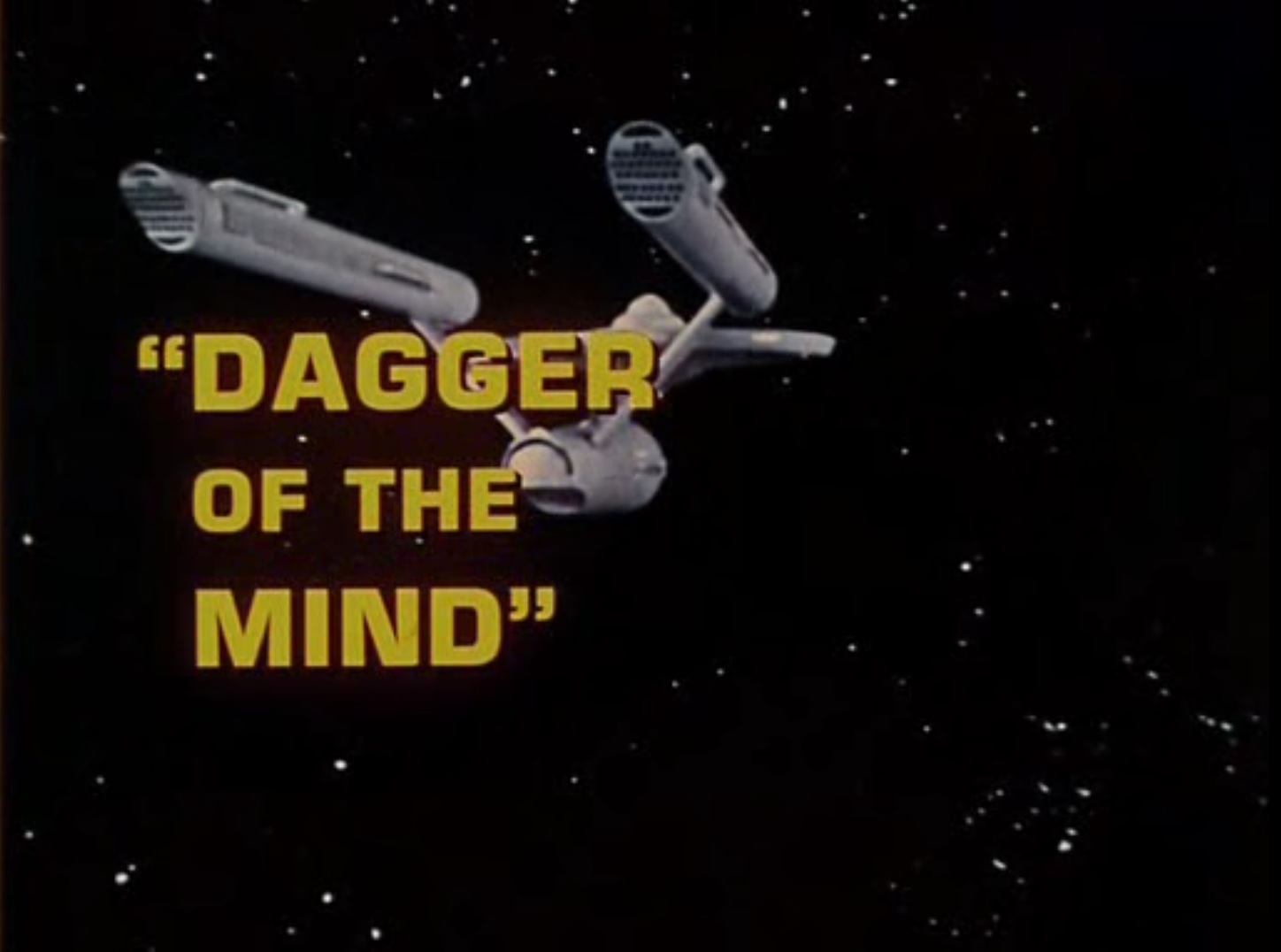
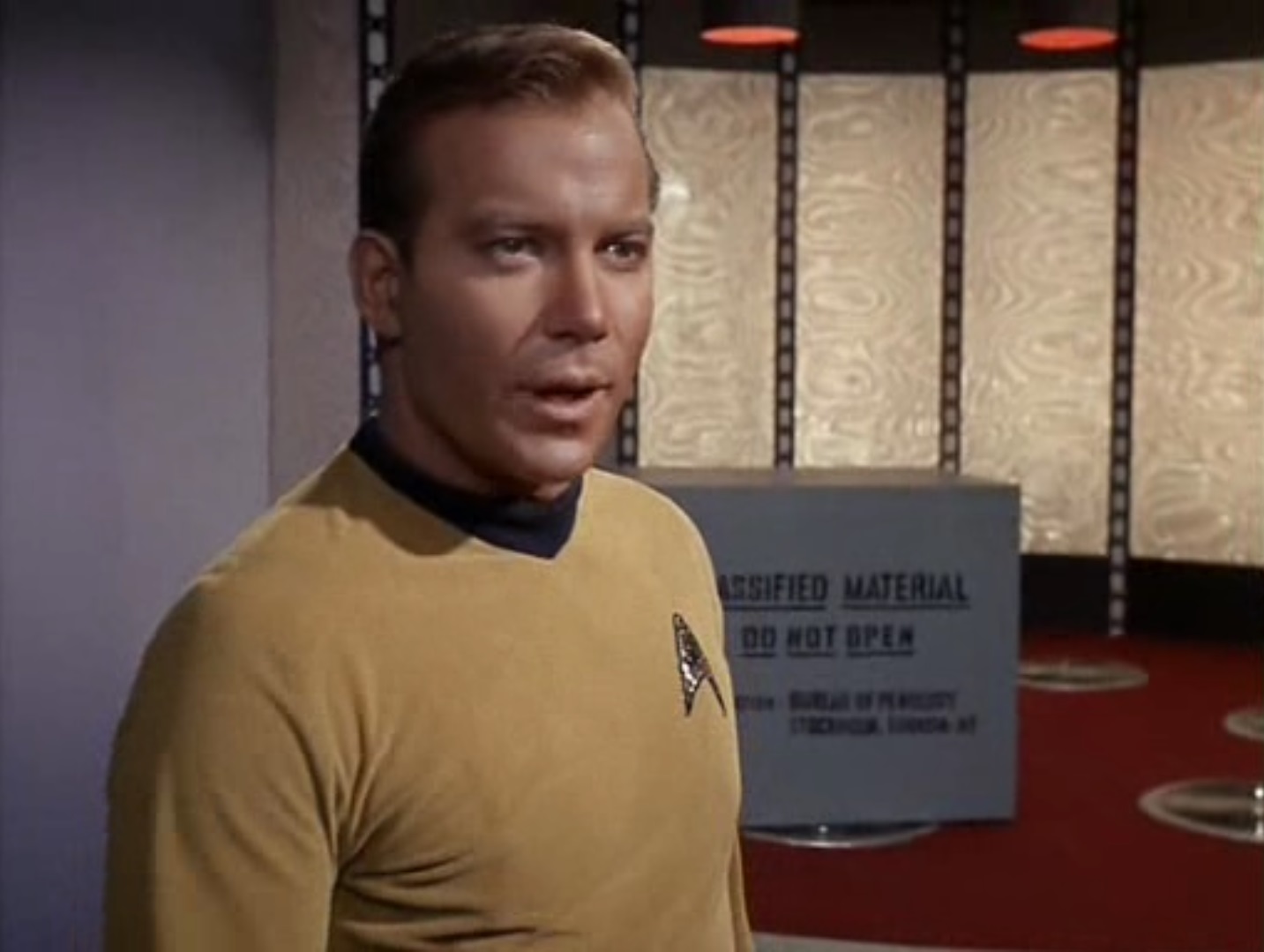
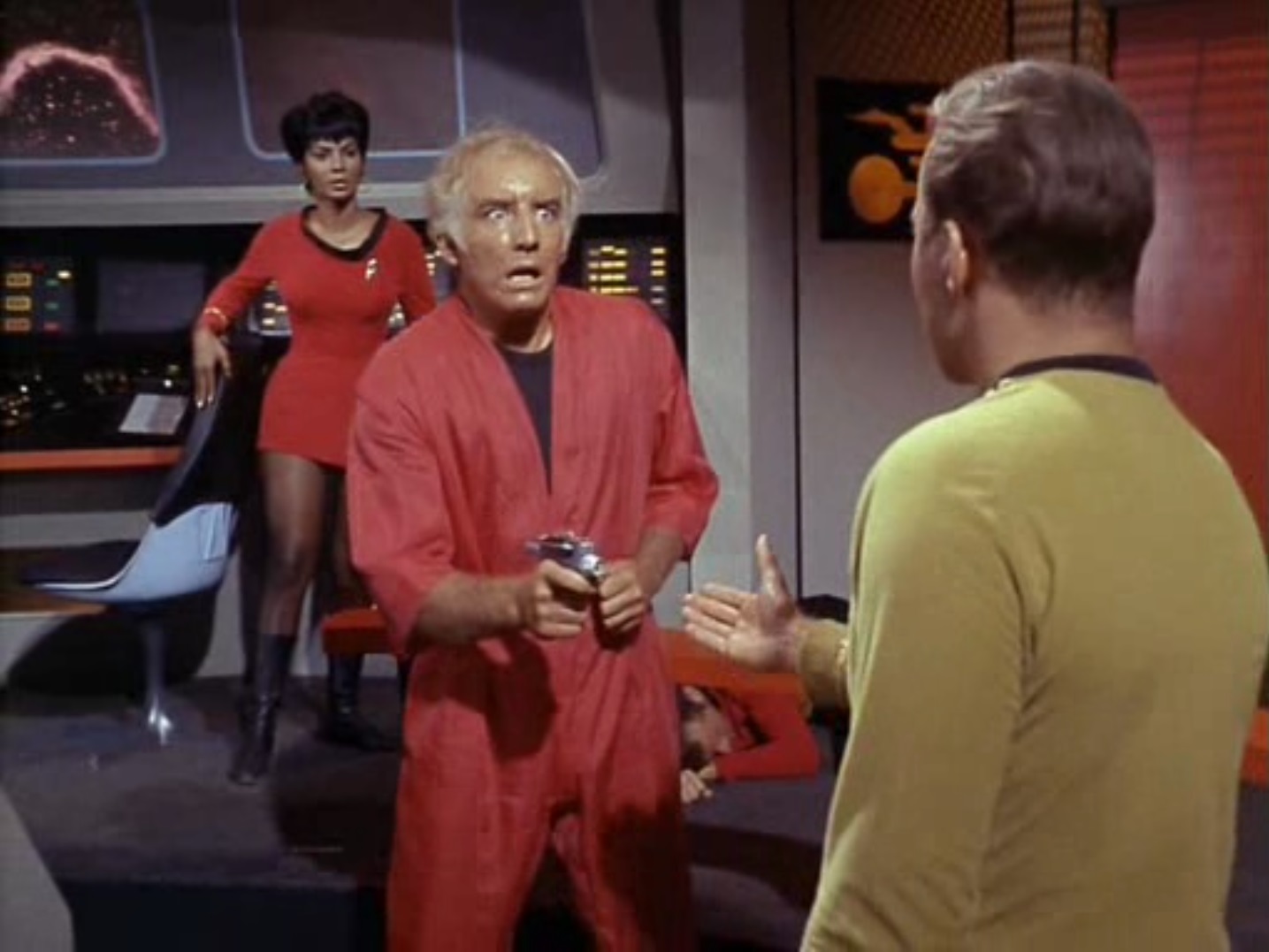
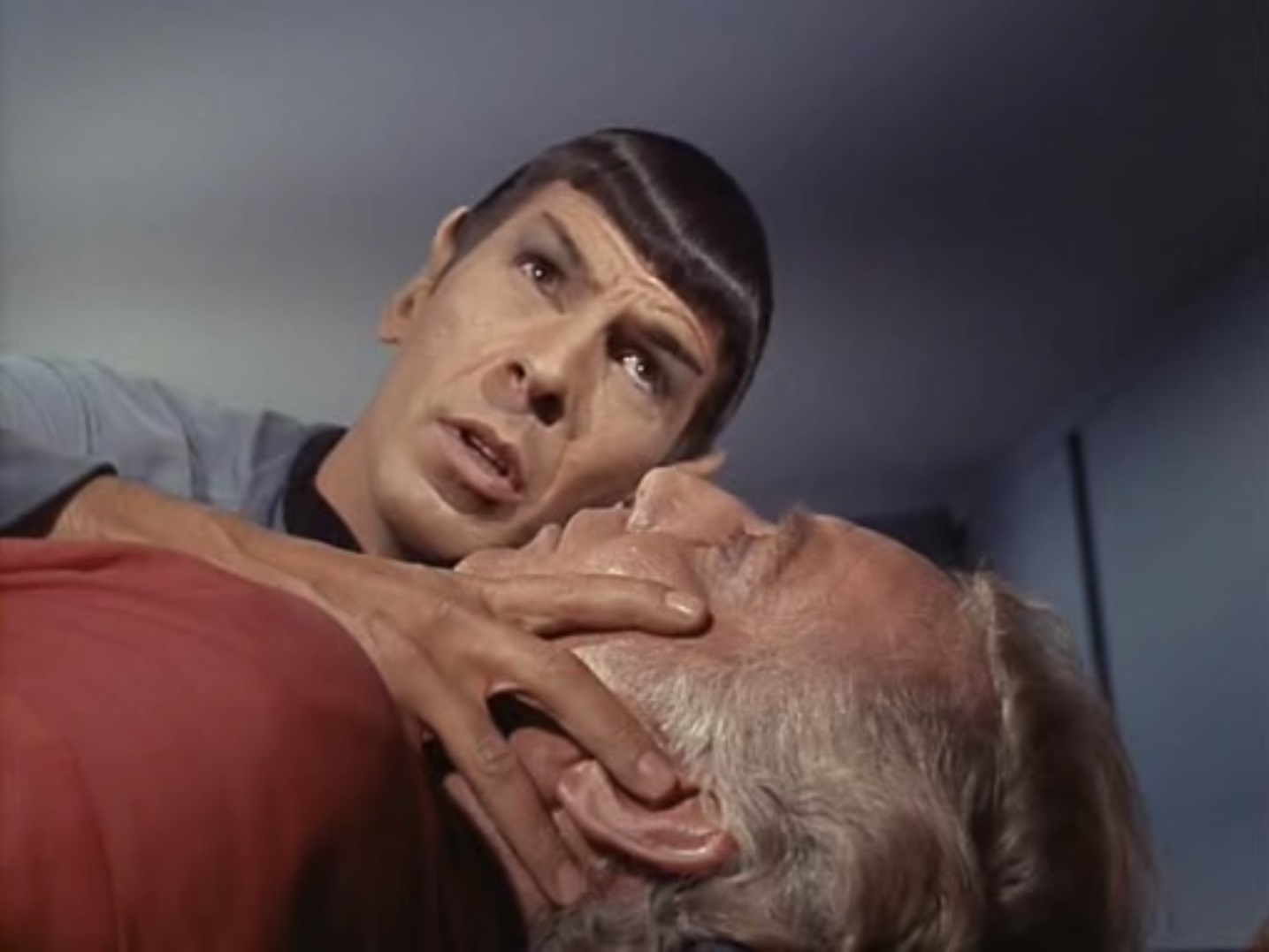
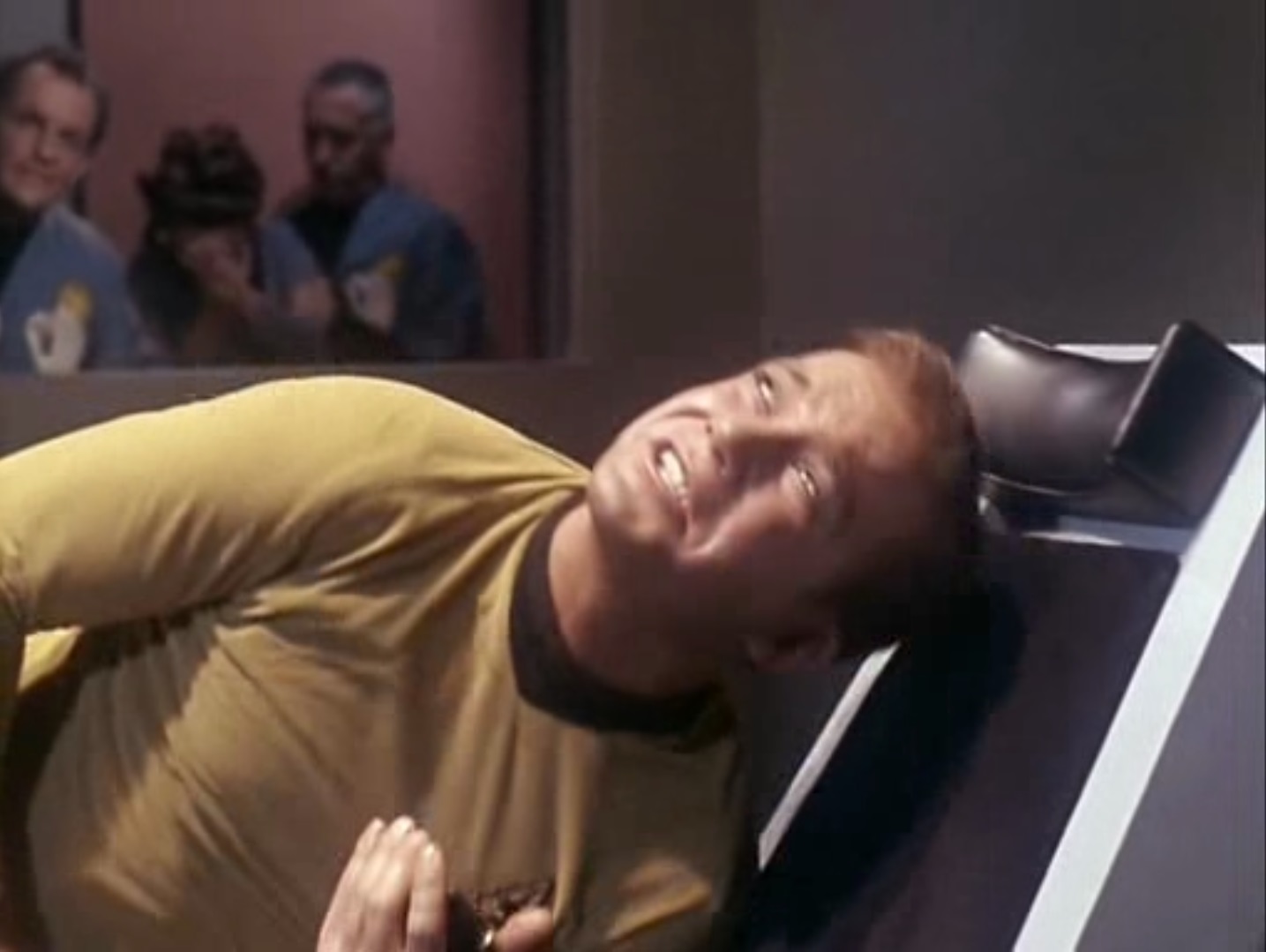
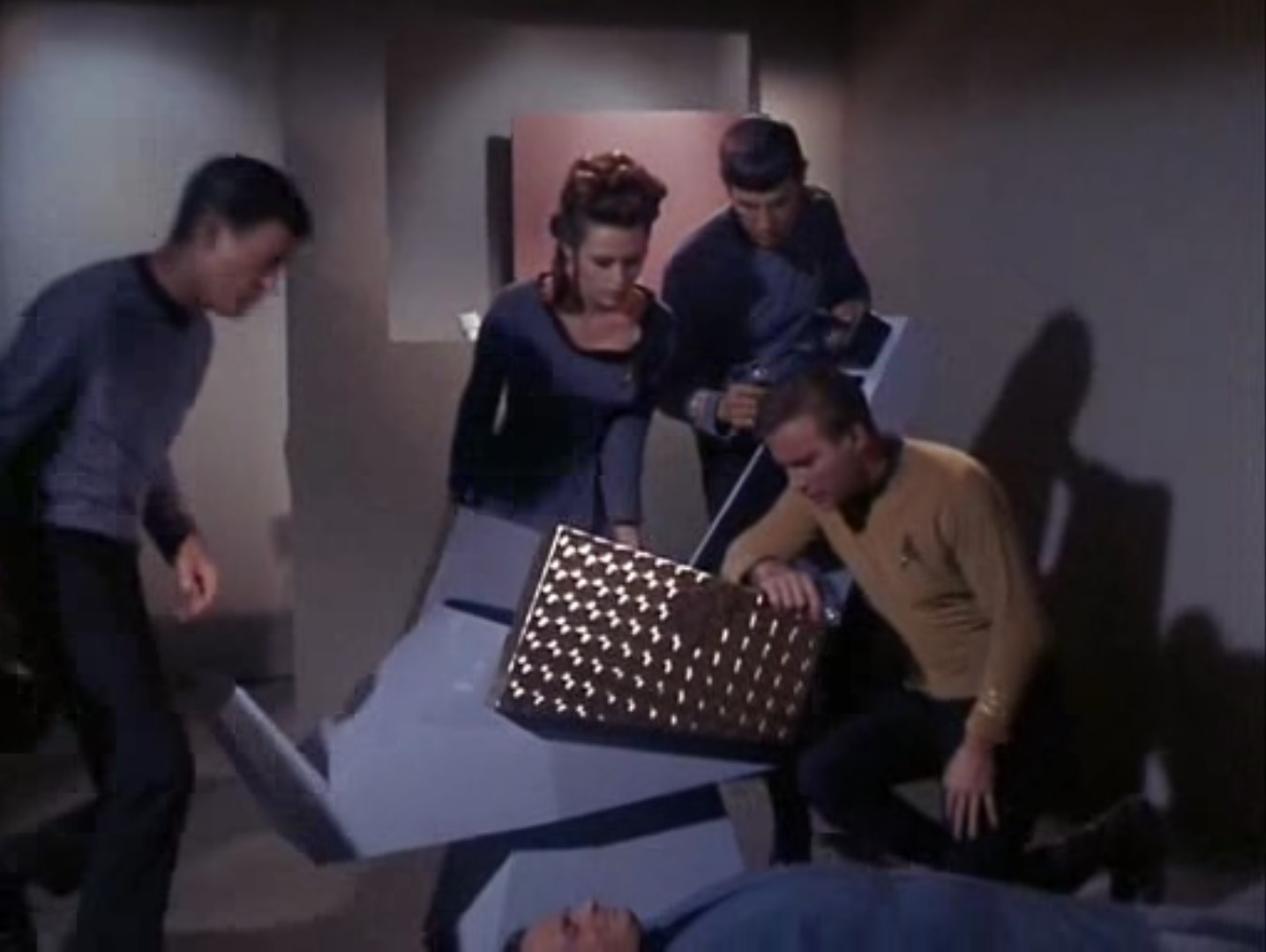

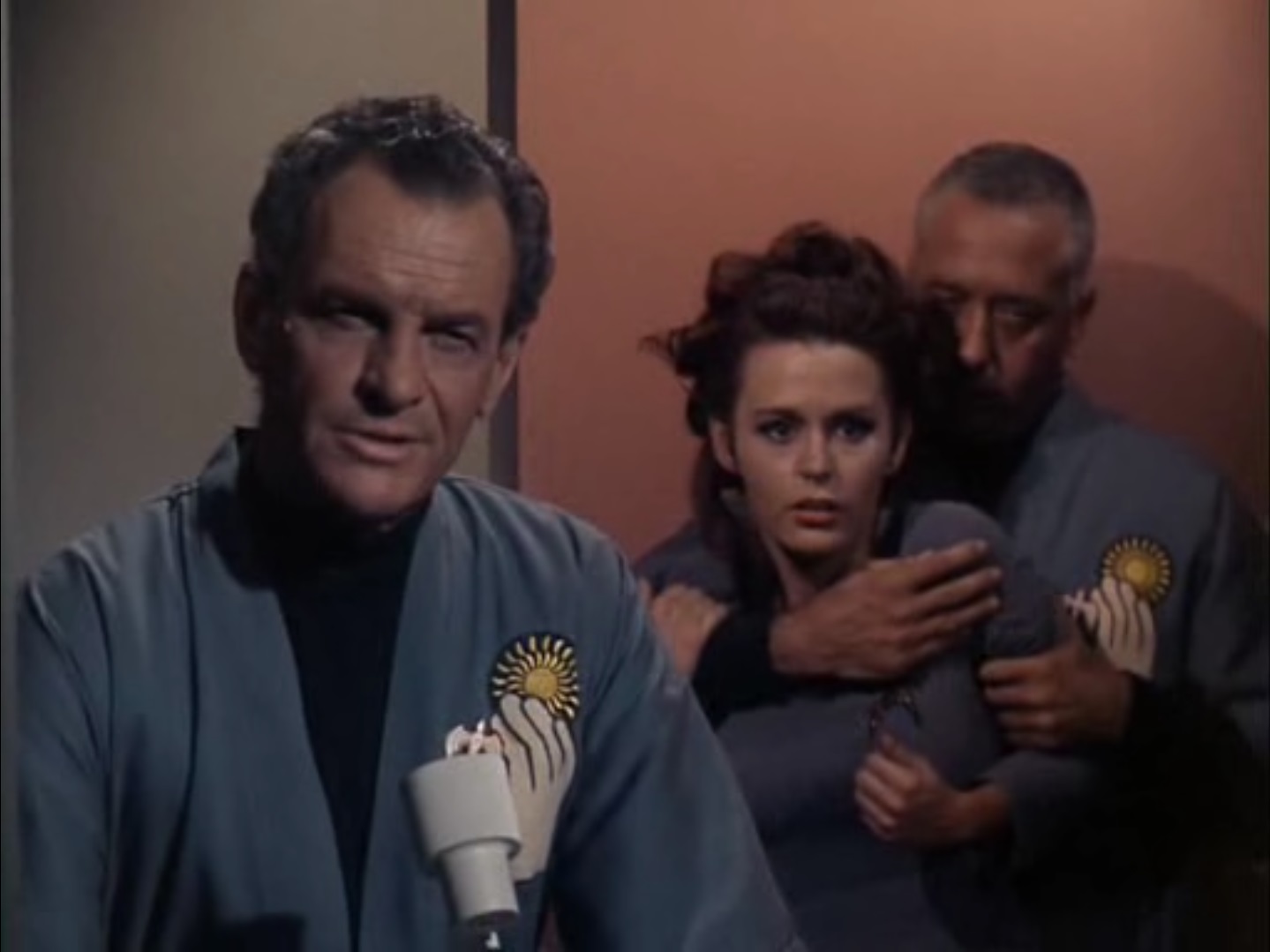
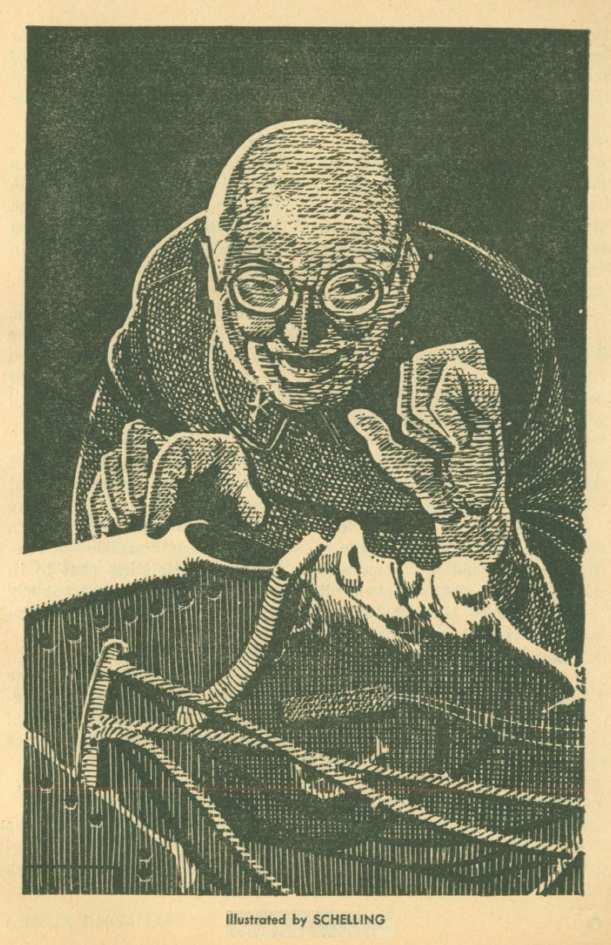
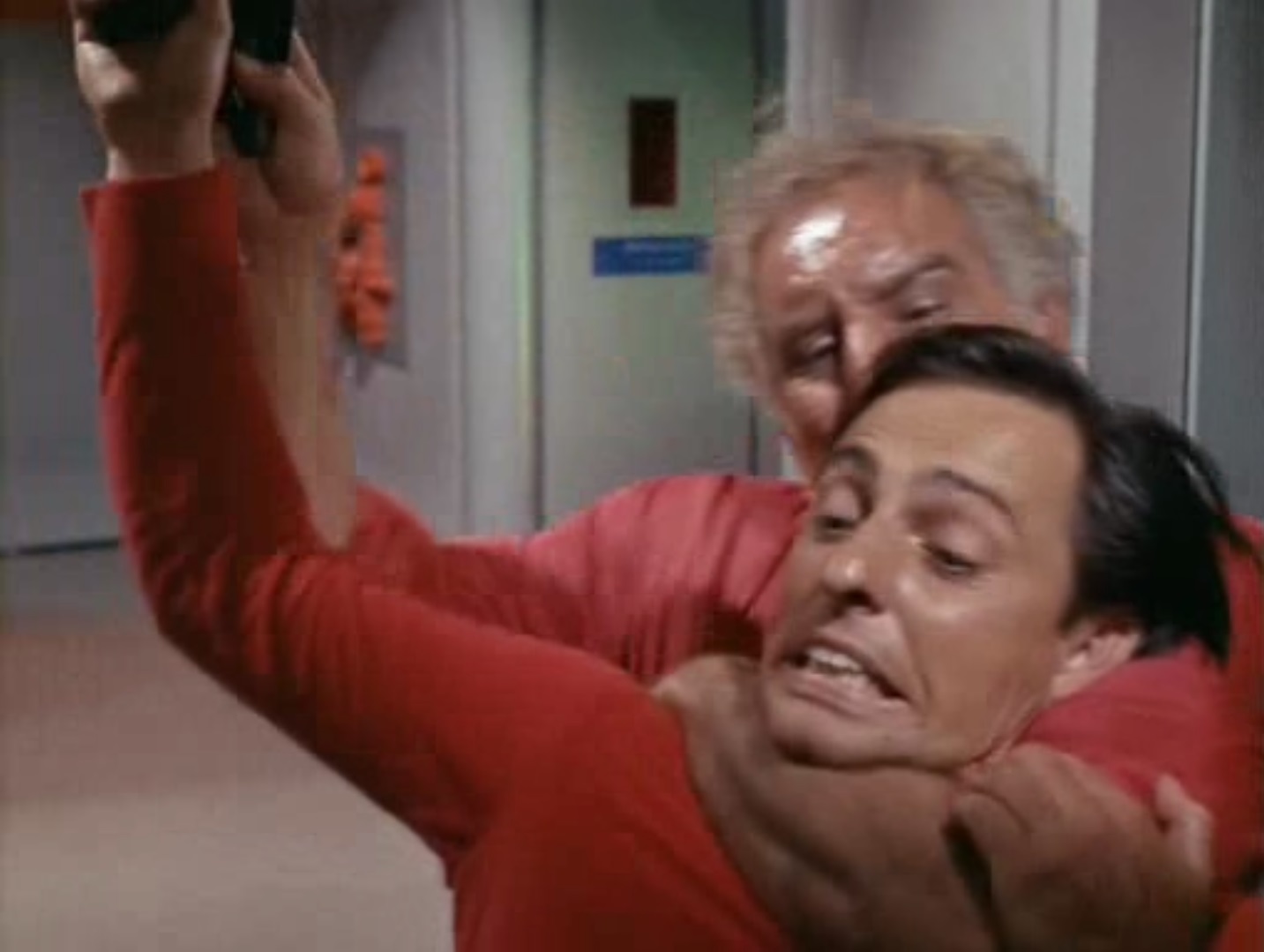

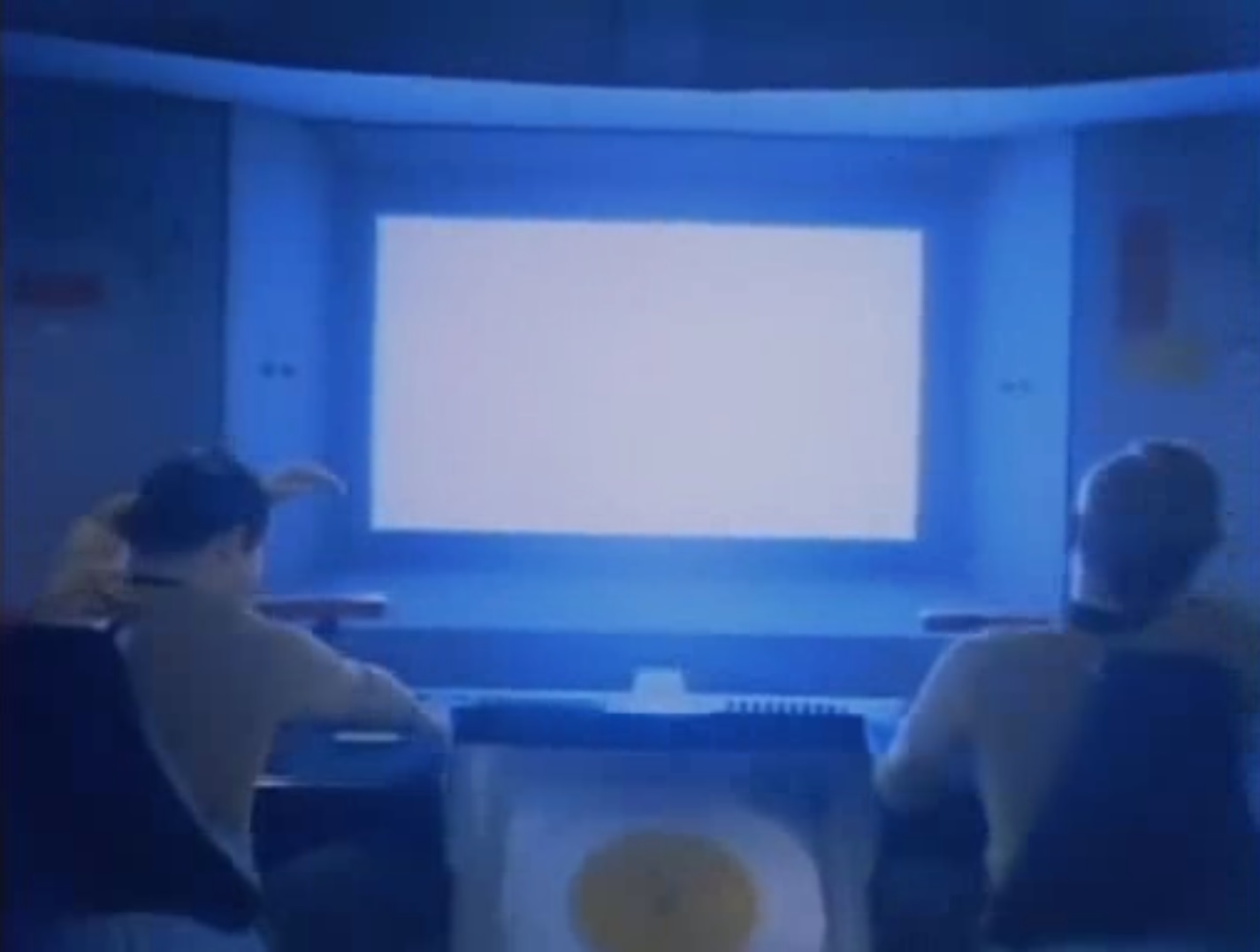
![[November 4, 1966] <i>Star Trek</i>: "Miri"](https://galacticjourney.org/wp-content/uploads/2021/10/661104title-672x372.jpg)








